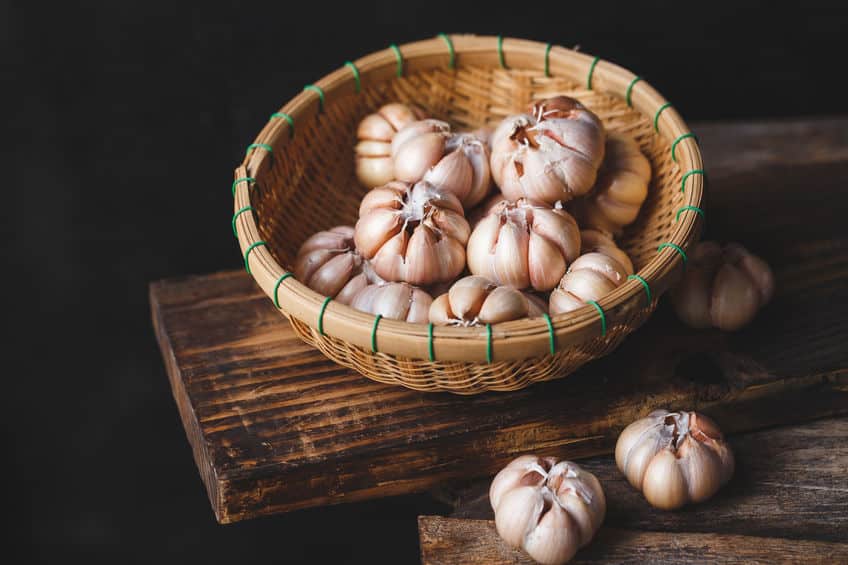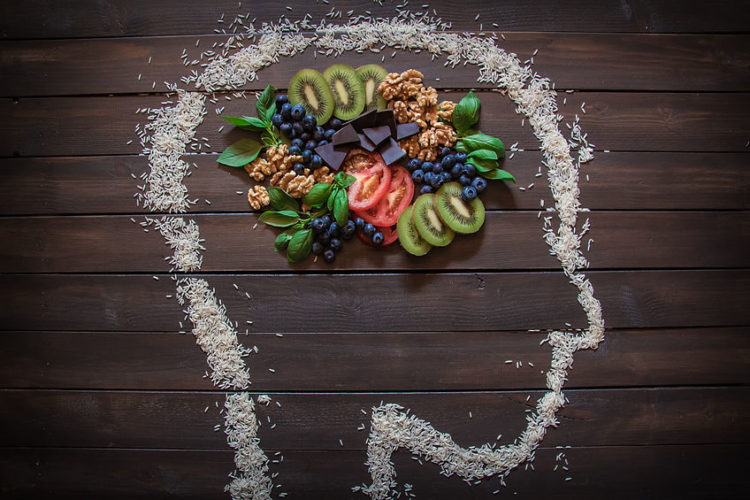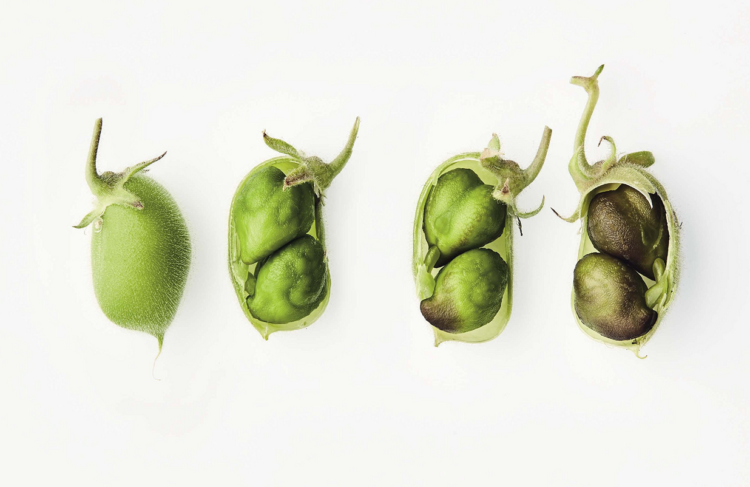By Michael Edson MS, L.Ac. –
Parkinson’s disease (PD) is a multi-faceted neurological disease. Currently, most Parkinson’s treatments focus on increasing dopamine production and reducing motor symptoms and tremors through medication. However, this disease has many contributing factors that cause changes in healthy brain function. Many of these are also relevant for dementia, Alzheimer’s, Huntington’s, and Wilson’s diseases.
While the disease—and many of its traditional treatments—can take a heavy toll on those suffering from it, growing research indicates that natural approaches that include nutrients can help keep the disease and its impact at bay.
The primary cause of PD is the lack of dopamine production, primarily due to the aggregation of alpha-synuclein in the brain resulting in a broad range of symptoms such as having a limited ability to complete normal daily functions, motor coordination issues and tremors, rigidity and reduction in cognitive and motivational function. Alpha-synuclein in normal cases has many essential functions such as supporting dopamine synthesis, storing and releasing neurotransmitters (responsible for synapse that determines communication between cells), supporting mitochondria, brain plasticity and more.
Some factors that can cause or contribute to Parkinson’s include exposure to toxins such as mercury, manganese, iron, lead, or arsenic, as well as low levels of antioxidants, excessive free radical activity, poor diet (especially ones including fried foods, refined carbohydrates, sugary drinks, or any artificial sweeteners), chronic inflammation, mitochondrial dysfunction, excess sugar levels, compromised autography (our brains’ clean-up system), brain barrier compromise and gut imbalances.
A primary factor in Parkinson’s is the aggregation and misfolding of alpha-synuclein, which results in the build-up of Lewy bodies, also found in some patients with Alzheimer’s.
Additionally, there are common issues that may mimic symptoms of PD. These include Certain vitamin and mineral Deficiencies such as Vitamins B1, B6, B12, D, and E, iron, as well as deficiencies in magnesium, selenium, and zinc.
Leaky Gut Syndrome and alterations in Gut Microbiota can mimic Parkinson’s disease as well. These are now widely accepted as relevant to the etiology, course and treatment of many neuropsychiatric disorders.
The traditional approach to treating Parkinson’s and other neurological diseases focuses on drugs that help slow down the progression of the disease to reduce motor issues and tremors. These drugs do help. Unfortunately, they often can have serious side effects. Consequently, it may be worth considering natural approaches for managing PD, while minimizing the dosages of drugs needed. This approach may not only limit the debilitating side effects, it might also help to determine and address the underlying causes of PD.
The good news is that there are over 50 natural nutrients that can help with Parkinson’s. Here is a brief review of 10 of the most effective:
Bacopa Monniera is known to have neuroprotective and cognition-enhancing effects. Importantly, it helps prevent dopaminergic neurodegeneration. Bacopa Monniera addresses a cause of the loss of neuron brain cells responsible for dopamine production (alpha-synuclein aggregation).
Baicalein is a flavonoid used as an antioxidant and anti-inflammatory agent without side effects. Baicalein reduces alpha-synuclein naturally and has neuroprotective properties.
Curcumin benefits include reducing oxidation and the free radicals that cause the deterioration of neurons. This yellow spice (along with turmeric) reduces age-related mental decline and inflammation. Curcumin increases neurogenesis and regulates enzymes essential for enzyme disbursement.
DHA crosses all the major brain health categories, with benefits that include supporting neuron communication, helping prevent neuron cell death, reducing inflammation, and improving memory and cognition. Low DHA levels are also known to lower brain and cellular growth factors, such as brain-derived neurotrophic factor (growth factor) (BDNF).
Ginseng has many wonderful benefits that include improving learning and memory, reducing apoptosis (cell death), inhibiting neuroinflammation, improving neuroplasticity, potentiating neuronal growth, repairing damaged neuronal networks and reducing depression and anxiety. It may also reduce amyloid and neurofibrillary fiber build-up related to Alzheimer’s.
Glutathione is the antioxidant found in the highest amounts in the brain. Levels tend to be low in Parkinson’s patients.
Lutein found in neural tissue has been positively correlated with cognitive function and has been found to accumulate in the brain. It is related to multiple measures of temporal processing speed, an important aspect of sensory and cognitive function.
Mucuna Plant (Dopa Bean) has long been used in Ayurvedic medicine. It is also a natural form (versus synthetic) of L-Dopa.
Pyrroloquinoline Quinone (PPQ) is a quinone compound reported to improve learning ability. It may also enhance working memory, as well as improve cerebral blood flow which can help protect against cognitive decline and dementia in the elderly.
Vitamins B1, B6, B9, B12, D3, and E are all essential in supporting brain health and cognitive functioning. Deficiencies can mimic symptoms of Parkinson’s and dementia.
For additional support, there are other helpful modalities, including essential oils, Chinese and Ayurvedic medicine, yoga, tai chi, Qi gong, dancing, regular exercises, meditation, intravenous glutathione therapy and light therapy. Some of the best brain foods include avocado, blueberries, aged garlic, ginger, goji berries, green, leafy vegetables, mulberry, mushrooms (particularly Lion’s Mane, Reishi and Shiitake), nuts and berries, and walnuts.

About Michael Edson MS, L.Ac.
Michael Edson is the co-founder and president of Natural Eye Care, Inc. He is a New York State licensed acupuncturist and co-author of Natural Eye Care: A Comprehensive Manual for Practitioners of Oriental Medicine and Natural Eye Care: Your Guide to Healthy Vision and Healing. His latest book is Natural Parkinson’s Support: Your Guide to Preventing & Managing Parkinson’s. In early 2020 his next book, Natural Brain Support: Ways to Help Prevent and Treat Dementia and Alzheimer’s Naturally, will be published.
To learn more, please visit www.naturaleyecare.com











